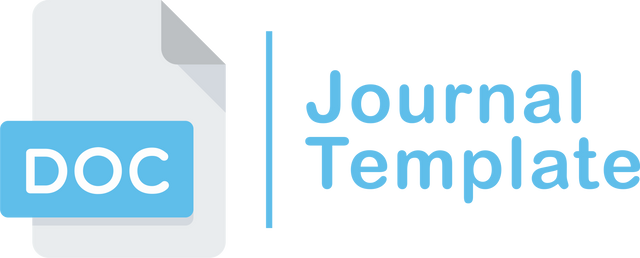Exploring Student Perspectives on Writing Activities through Cyber Learning via Moodle 3.6
DOI:
https://doi.org/10.61667/v78b7k92Keywords:
writing assessment, rubric, perceptionAbstract
This study is aimed to investigate the students’ perception on the writing activities using cyber learning, Moodle3.6 in Comprehensive Writing class. In this class students are expected to be able to write different kinds of essays and to write a research paper. All the activities are done online because of covid-19 pandemic. The teaching and learning activities are done through Moodle 3.6 platform which can be used to provide different kinds of activities. This platform is used widely and is believed to give benefits to the students. The data were collected through questionnaire to know the students’ perception on the writing activities done in cyber learning, Moodle3.6. There were 43 students who took Comprehensive Writing Class. The activities provided were forum, chat, discussions and materials were provided in the forms of files and videos. The writing assignment was done using google doc and a peer review activity were applied before they submit their essays in the cyber that can detect the percentage of plagiarism. The results show that the smallest mean is 1.7 for statement 8 (Cyber learning is helpful to download or read online writing class resources). This means that they agree that cyber learning makes them easy to get the material. However, they chose neutral on statement 2 (The teacher provides the class with interesting writing materials in Cyber Learning), showing that they feel the materials are not really interesting. Meanwhile, most students chose agree or strongly agree for other items. This means that they perceive the activities provided in cyber learning as positive.
References
Cresswell, J. W. (2014). Research Design. Qualitative, Quantitative and Mixed methods approaches (p. 398). SAGE. https://doi.org/10.1007/s13398-014-0173-7.2
Elbow, P. (1998). Writing without Teachers. 244. https://doi.org/10.2307/357243
Harlow, S., Cummings, R., & Aberasturi, S. M. (2007). Karl Popper and Jean Piaget: A Rationale for Constructivism. The Educational Forum, 71(November), 41–48. https://doi.org/10.1080/00131720608984566
Harmer, J. (2010). How to Teach English (Sixth impr, Issue October). Pearson Education Limited.
Johnson, D & Johnson, R. (2014). Essential Components of Peace Education. Theory into Practice, 44(4), 280–292. https://www.jstor.org/stable/3496972
Lamatokan, A. (2018). Students’ Perception Toward Teachers’ Teaching Styles and the Use of Learning Strategies in Teaching English. Eralingua: Jurnal Pendidikan Bahasa Asing Dan Sastra, 2(1), 430–439.
Liu, Y. (2010). Social Media Tools as a Learning Resource. 3(1). https://doi.org/10.18785/jetde.0301.08

















